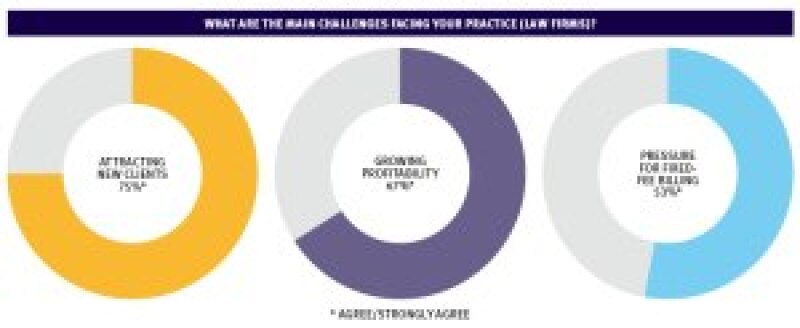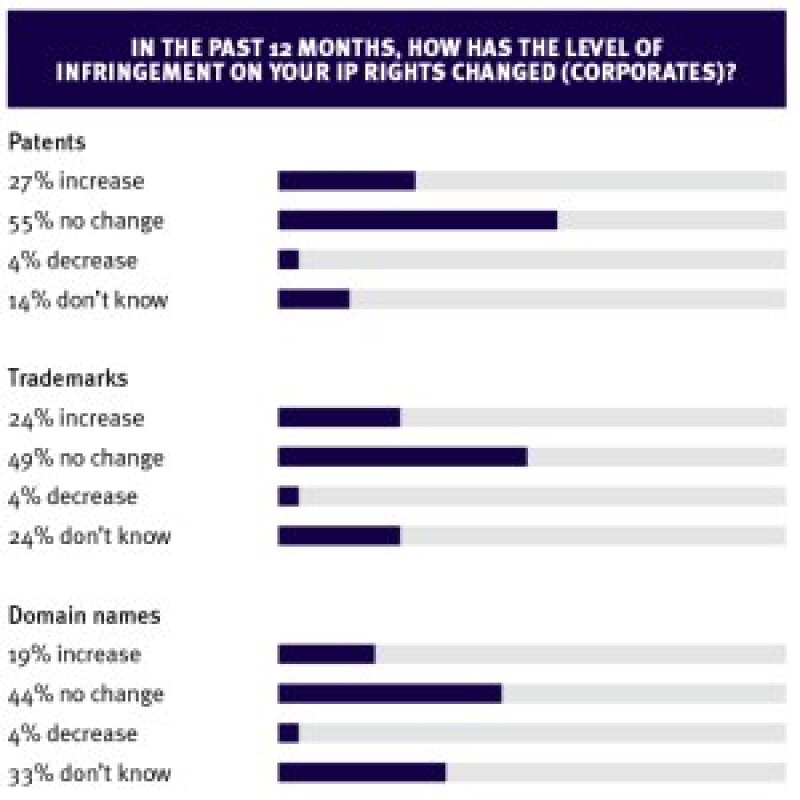
The IP management business received responses from more than 670 law firms and 930 corporates in its latest annual survey into the state of the market.
Fixed-fee billing was cited as one of the challenges facing IP practices by more than half of the law firm respondents, along with the pressure to attract new clients (cited by three-quarters of respondents), and growing profitability (cited by two-thirds).
Although the trend towards fixed-fee billing for IP filing and renewal work has been around for some years, it is often associated with clients representing some of Asia-Pacific’s emerging powerhouse IP filers. These companies have been able to leverage their high volumes of out-bound filing work to negotiate lower fixed-fee arrangements.

CPA’s survey, however, reveals that demand for fixed-fee bills is growing from both domestic and in-bound clients, and across patent filing and prosecution, patent renewals and trade mark renewals.
“Although law firms may say that demands for fixed fees might affect patent quality, corporates are also increasingly demanding an increase in quality. Clients are asking more of their law firms and they are feeling pressures on all sides as a result,” said Haydn Evans, vice president of IP Solutions at CPA Global.

The survey also asked respondents to comment on levels of infringement of their IP rights. Corporate representatives said infringement of their trade marks and patents had grown by around one-quarter, while infringement of their domain names was up by almost one-fifth.
When the same question was also put to law firms, more of them said they did not know whether levels of infringement of their clients’ IP had fallen, risen or stayed the same.
“Their answer suggests that law firms need to get closer to their clients’ businesses and find out how they are using their IP,” said Evans. “The results of the survey suggest that corporates are placing more importance on IP and want to align it more closely with the rest of their business. Corporate respondents also told us they are making more use of patent searching services to find out what their competitors are up to.”
“All of this means that people from in-house IP teams are spending more time with their colleagues in R&D and the commercial departments. The knock-on effect is that law firms are coming under greater pressure to help their clients be more strategic about how they use their IP.”









